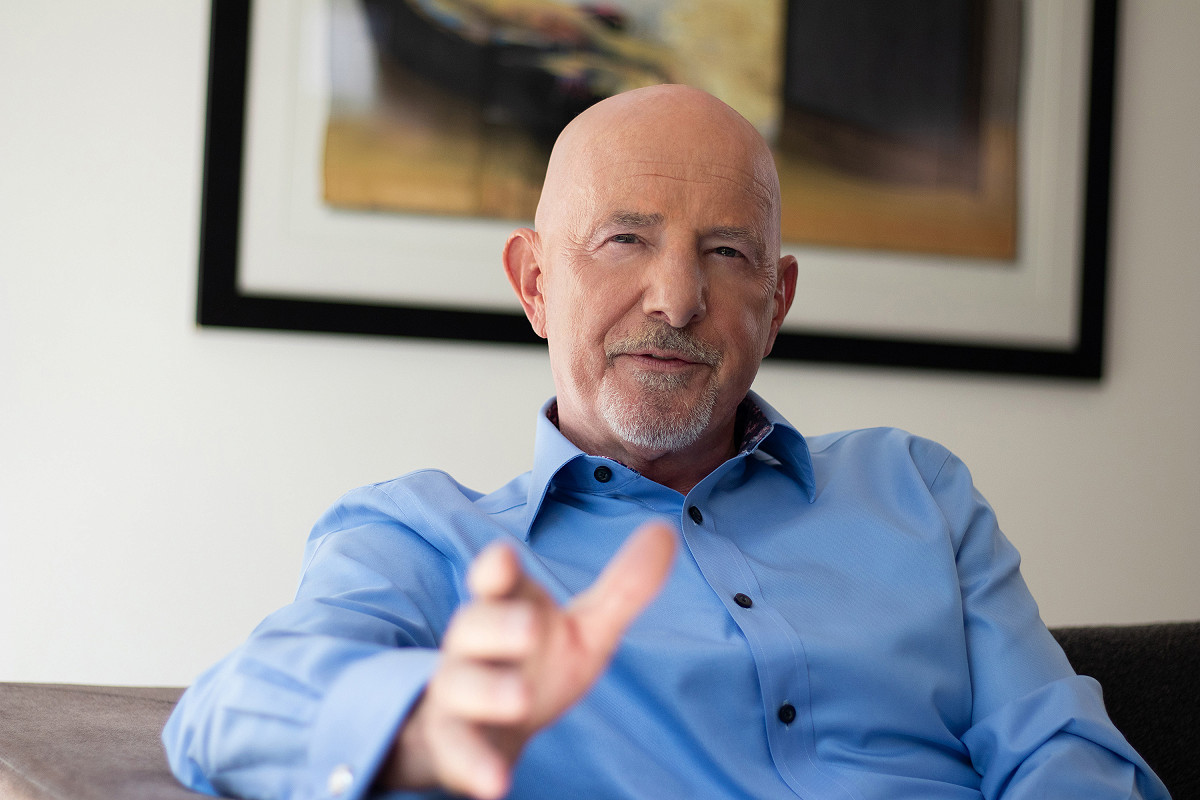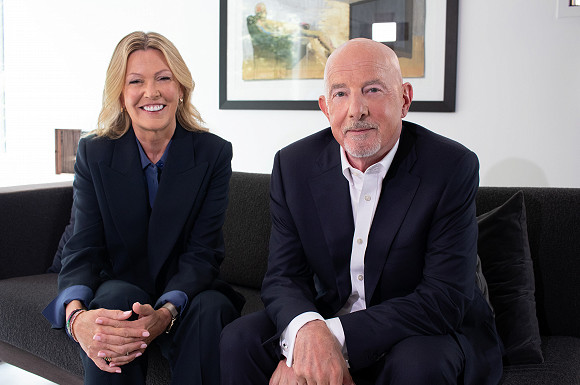01/10/2025
Ewan Kirk writes for Research Professional News: Aid cuts should spur philanthropy to take more risks

In this article for Research Professional News, Ewan Kirk argues that philanthropy has a vital role to play in funding bold, experimental projects that governments are often too risk-averse to support. As public budgets tighten and aid spending faces increased scrutiny, he believes that philanthropists can help de-risk innovative solutions and provide the evidence base needed for governments to scale successful initiatives.
Kirk highlights how fiscal pressures have made governments reluctant to invest in untested ideas, focusing instead on established programmes that deliver predictable results. This approach, while safe, risks stifling innovation and leaving transformative solutions unexplored. Philanthropy, he argues, is uniquely positioned to fill this gap by backing high-risk pilots and allowing for experimentation – even failure – in pursuit of breakthrough outcomes.
Drawing on the Turner Kirk Trust’s support for SolarAid’s Light a Village project in Malawi, Ewan illustrates how philanthropic funding can act as society’s research and development engine. The pilot, which tested a new model for distributing solar lights, proved both scalable and sustainable, paving the way for government investment and wider deployment across Sub-Saharan Africa.
Read the full article here.
Unlike governments, philanthropists have the freedom to experiment, and to give the projects they fund permission to fail. They’re not constrained by public opinion, party politics or strict budget lines.
Writing cheques for well-established projects has its place, but in today’s funding climate, philanthropy can make the biggest difference by acting as society’s R&D lab: backing bold ideas, funding rigorous testing and accepting that failure is a crucial stepping stone on the pathway to success.

